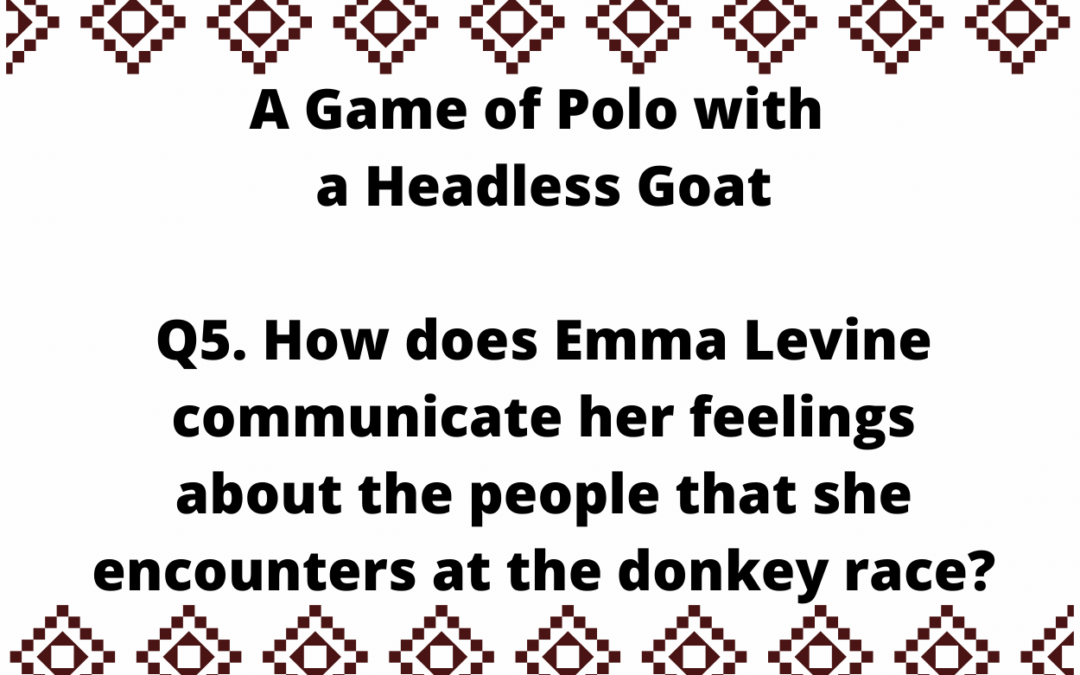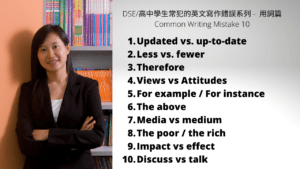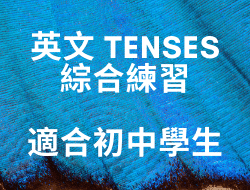Edexcel English IGCSE: A Game of Polo with a Headless Goat by Emma Levine
Q5. How does Emma Levine communicate her feelings about the people that she encounters at the donkey race?
Edexcel English IGCSE Model Essay by an Expert
Levine’s feelings towards the people at the donkey race are generally positive, as they contribute to the exciting atmosphere. However, after the race, the atmosphere becomes more sinister.
Levine’s attitude towards her guides before and during the race is wholly positive. She appreciates their optimism, which contributes to the thrilling build-up of tension before the race: they are “fired up with enthusiasm”. She repeatedly describes them as “lads”, which portrays fondness for their boyish enthusiasm. During the race, she also expresses admiration for Yaqoob’s driving skills. He chose “exactly the right moment” to enter the entourage, and found the “perfect place”. The plosive alliteration in this phrase reflects Levine’s own excitement at having the opportunity for a good picture of the event. She portrays Yaqoob as a skilful driver, with his skills portrayed as animal-like intuition: he has “quick reflexes” and “nerves of steel”.
Similarly, the portrayal of the spectators and jockeys during the race is positive, as they contribute to the overwhelming but thrilling atmosphere. The spectators create a loud and exciting environment: they “cheered and shouted”, and make other noises such as “tooting” and “ringing”. The description of the spectators “standing” on, “hanging out of” and “perched on” various vehicles is given in a long sentence with a number of short clauses; this reflects Levine’s breathless excitement, showing that she enjoys this raucous atmosphere. Levine is also excited by the jockeys taking part in the race. She portrays them as ridiculous by highlighting the strange scale of their arrangement: they were “perched on top of the tiny carts”. This creates a humorous image for the reader.
After the race, the atmosphere becomes more tense and volatile, resulting in slightly more unpleasant portrayals of the people at the race. The result of the race is contested, causing arguments between various stakeholders. The language used to describe the angry crowd suggests that Levine was intimidated by the crowd. The use of triples and the passive voice in the sentence – “Voices were raised, fists were out and tempers rising” – shows the building anger in the crowd, and creates the frightening sense of a faceless mob of people. The crowd is also portrayed as a violent animal, which “swallowed up” the guides. At the end of the passage, Yaqoob reveals that he doesn’t have a driving license. The guides find it “hilarious”, but this contrasts with Levine’s evident disapproval. The description of what could have happened if he had caused an accident is in a long sentence without many pauses, highlighting how catastrophic and complex the situation could have been.
Levine is fond of and excited by the people at the donkey race, as they contribute to the exciting atmosphere of the race. However, this excitement soon turns to aggression.



